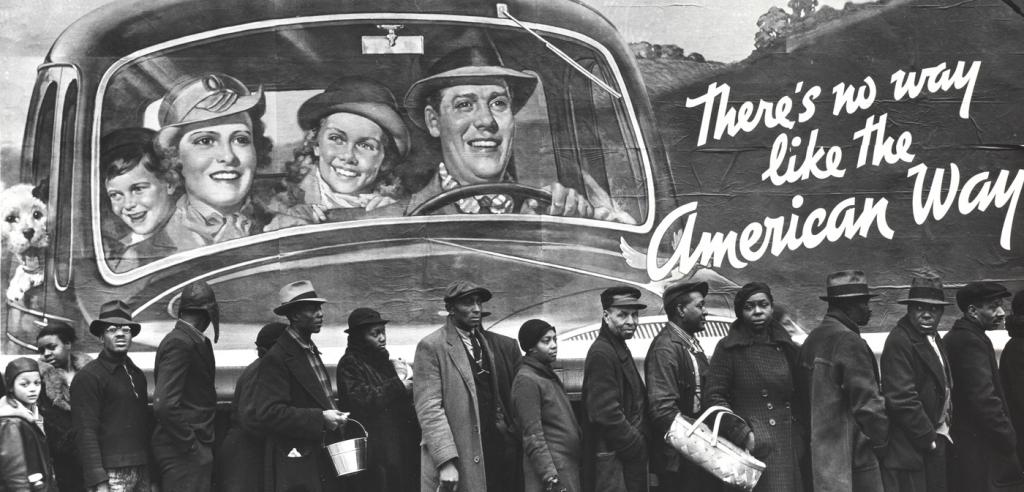Class Meeting
Today we begin exploring the novel
Kindred by Octavia E. Butler. This novel is partly set in Maryland before the American Civil War.
To really understand the kind of world Dana, our protagonist, is time-traveling to, we need to do a bit of research on slavery in the United States.
 |
“Caution!! Colored People of Boston” Anti-Slavery Poster (1851)
from The Boston Public Library |
The modern epoch was founded on European imperialism and African slavery. Both these systems were organized racially. The theft of labor and life, of land and resources, from millions of Africans and Native Americans, and from Asians and Pacific Islanders as well, financed the rise of Europe and made possible both its subsequent mercantilism and its later industrialism. Conquest, imperial rule, and the chattelization of labor (principally but not entirely African labor) divided humanity into Europeans and "others." Ferocious and unending cultural and psychic energies were expended to sustain this schism, which was also constantly challenged and undermined in innumerable ways.
--Howard Winant. New Politics of Race : Globalism, Difference, Justice: 205.
A. Backgrounds for Kindred I: Slavery in the United States
Part I:
1. On the list below, find the topic that matches your assigned number
- Punishment
- Slave Breeding
- House Slaves
- Field Slaves
- Education
- Family Life
- Whipping
3. Read the entire page for your topic. On a piece of paper, summarize what you have read. Include any striking details.
Part II:
I will put you in a group so all seven aspects of slavery are represented. Take about 2 minutes to tell the others what you have learned, using the summary to help you remember key ideas. The point is to acquire as much general information about slavery as possible in a short period of time. As you listen, write down the ideas that made the strongest impression on you.
B. Backgrounds for Kindred II:
Introductory Lecture on Kindred
As you think of what you would like to do for Essay 2, consider
 |
From Aaron McGruder's The Boondocks: Because I Know You Don't Read the Newspaper (2000): 38.
Image from Rad Geek People's Daily
- Quiz: "The Fight" on Blackboard
- *Journal 7 (Kindred--"The Fight" II-sections 11-16)
Ongoing:
- Quiz: Literary Terms II
- Next week is the deadline for turning in Essay 1. To do so, turn in
|








